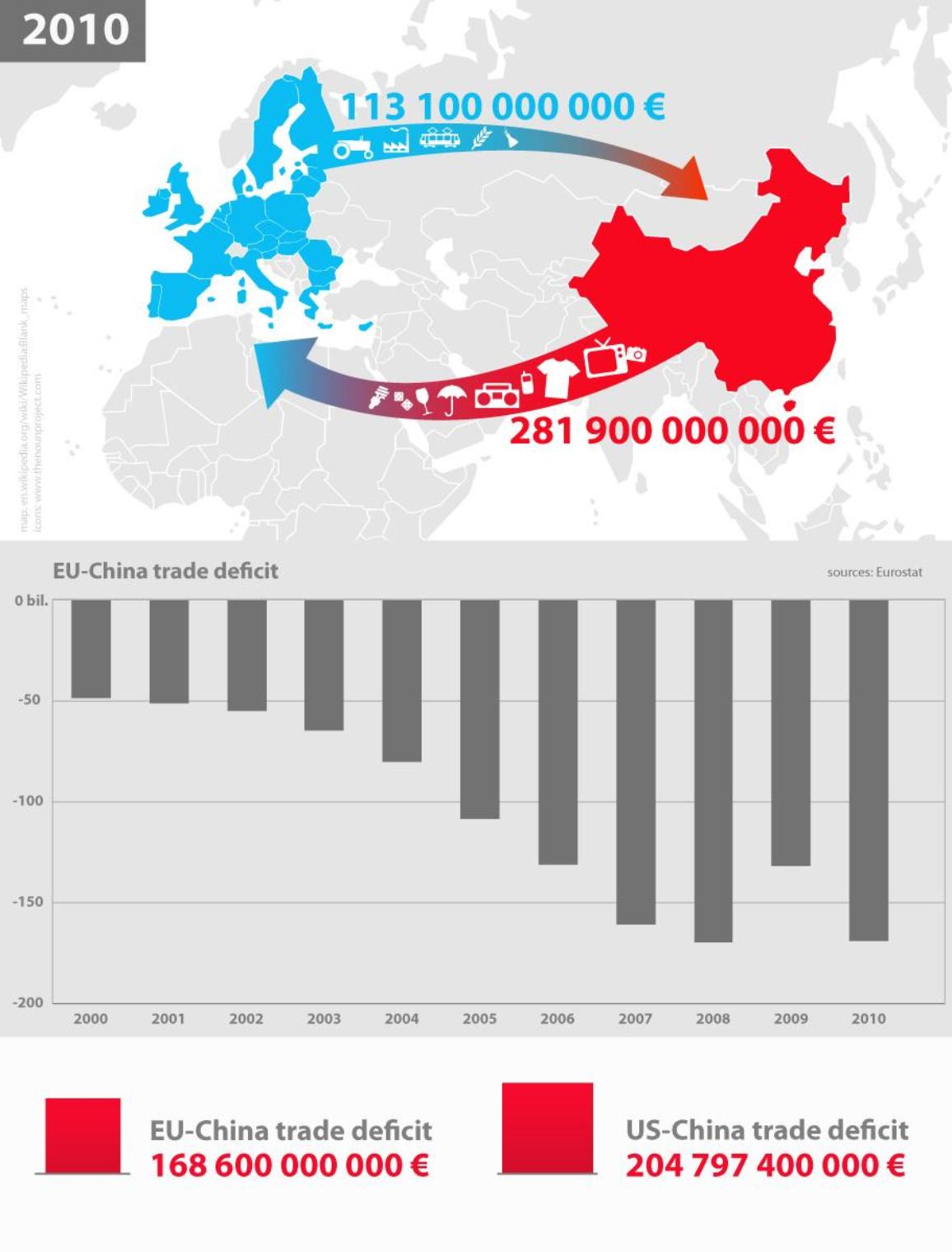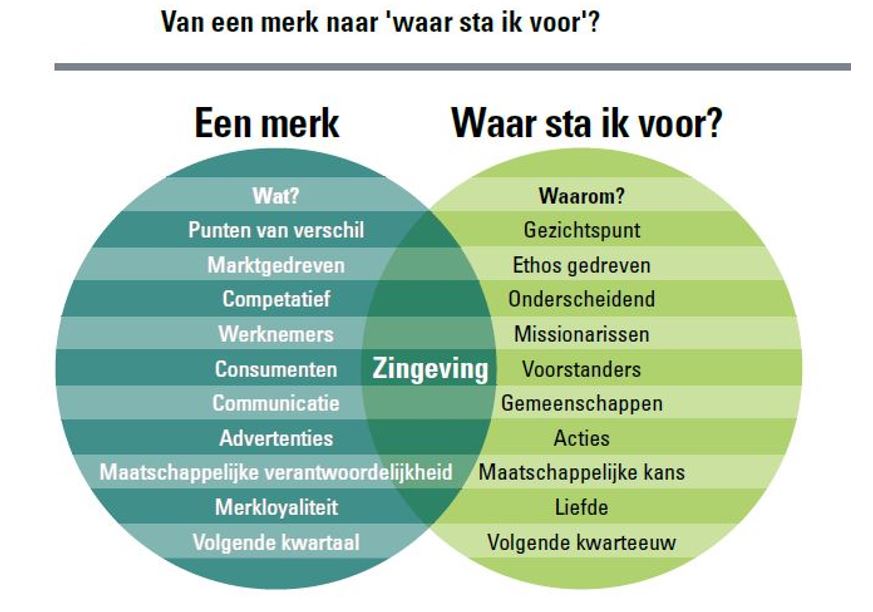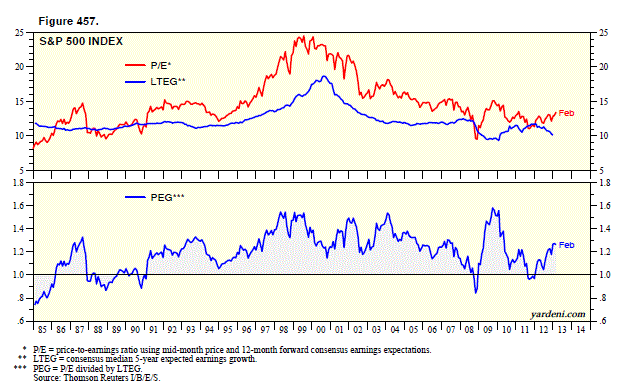EU Trade Policy: Macron's Push For European Goods

Table of Contents
Strategic Autonomy and Protectionism
Macron's vision prioritizes strengthening Europe's internal market and reducing dependence on non-EU suppliers for crucial goods and technologies. This pursuit of strategic autonomy is driving a significant shift towards protectionism within the EU's trade strategy.
Reducing Reliance on Global Supply Chains
The EU's reliance on global supply chains, particularly for essential goods and technologies, has been identified as a vulnerability. Macron's approach aims to mitigate this risk through several key strategies:
- Investment in domestic manufacturing and technology: Significant funding is being allocated to revitalize European manufacturing and bolster technological innovation within the EU. This involves substantial investment in research and development (R&D) and incentives for companies to relocate production back to the EU.
- Targeted tariffs and trade barriers on specific imports: The imposition of tariffs and other trade barriers on strategically important imports is being considered to protect domestic industries and stimulate domestic production. This selective protectionism targets sectors deemed critical for national security or economic resilience.
- Promoting European standards and certifications: The EU is strengthening its focus on promoting and enforcing its own standards and certifications, making it more challenging for non-compliant goods to enter the European market. This enhances the competitiveness of European products and encourages adherence to EU regulations.
This multifaceted approach aims to enhance resilience against global shocks and geopolitical instability. The long-term goal is to create a more self-reliant and robust European economy less susceptible to external pressures.
The "Buy European" Act and its Implications
The proposed "Buy European" Act aims to prioritize European companies in public procurement, thereby boosting demand for domestically produced goods. This initiative has generated considerable debate.
- Potential benefits for European businesses: The Act could provide a significant boost to European businesses by guaranteeing a larger share of public contracts. This could stimulate growth, create jobs, and strengthen European industries.
- Concerns about competitiveness and potential trade disputes with other nations: Critics argue that the Act could stifle competition, lead to higher prices for consumers, and potentially violate World Trade Organization (WTO) rules, inviting retaliatory measures from other trading partners.
- Analysis of the Act's impact on the internal market and external trade relationships: The potential impact of the Act on the internal market and external trade relationships requires careful consideration. Thorough economic impact assessments are crucial to gauge its overall effectiveness and unintended consequences.
This policy element is highly contentious, highlighting the complexities of balancing national interests with global trade obligations.
Strengthening the EU's Trade Negotiating Position
Macron's approach advocates for a more assertive and reciprocal approach to trade negotiations. This entails demanding fairer market access and a more level playing field for European businesses.
Reciprocity and Fair Trade Practices
The EU is adopting a tougher stance on unfair trade practices, demanding reciprocal market access and fair competition from its trading partners.
- Tougher stance on unfair trade practices like dumping and subsidies: The EU is cracking down on unfair trade practices such as dumping (selling goods below cost) and the provision of unfair subsidies, utilizing trade defense instruments more aggressively.
- Negotiating more balanced trade agreements with countries outside the EU: The EU is aiming to negotiate trade agreements that are more balanced and reciprocal, ensuring mutual benefits for all parties involved. This includes a stronger focus on ensuring fair competition and protecting European interests.
- Increased focus on environmental and labor standards in trade deals: The EU is increasingly incorporating environmental and labor standards into its trade agreements, reflecting its commitment to sustainable and ethical trade practices.
This strategy aims to level the playing field for European businesses and ensure they are not disadvantaged by unfair trading practices from competitors.
Focus on Strategic Partnerships
The EU is prioritizing the development of closer trade ties with like-minded partners who share similar values and economic interests.
- Strengthened trade relations with Canada, Japan, and other reliable allies: The EU is strengthening its trade relationships with trusted allies, fostering closer economic cooperation and mutual support.
- Exploration of new trade agreements that reflect the EU's focus on sustainability and ethical sourcing: The EU is exploring new trade agreements that prioritize sustainability and ethical sourcing, aligning its trade policies with its broader environmental and social goals.
- Diversification of trade relationships to reduce reliance on specific regions: The EU is actively seeking to diversify its trade relationships to reduce its dependence on any single region or country, enhancing its economic resilience.
This strategic approach aims to build a more resilient and secure trading ecosystem for the EU.
Impact on Global Trade and the World Economy
Macron's more protectionist approach carries the potential for significant consequences for global trade and the world economy.
Potential Trade Wars and Retaliation
The EU's shift towards a more protectionist stance could provoke retaliatory measures from other countries, potentially escalating into trade disputes and increasing global trade tensions.
- Analysis of potential risks and opportunities associated with this more assertive approach: A thorough assessment of the potential risks and opportunities associated with this more assertive approach is crucial for informed decision-making.
- The role of international organizations in mediating trade disputes: International organizations like the WTO will play a vital role in mediating trade disputes and preventing a full-blown trade war.
- Assessing the broader geopolitical implications of Macron's trade policy: The broader geopolitical implications of Macron's trade policy need careful consideration, as it could affect alliances and power dynamics within the global political landscape.
This section explores the potential for escalating trade conflicts and the need for careful diplomatic management to mitigate the risks.
Conclusion
President Macron's push for European goods has fundamentally altered the direction of EU trade policy. This shift towards strategic autonomy and a more assertive stance in trade negotiations presents both opportunities and challenges. While it aims to bolster European businesses and reduce reliance on global supply chains, it also carries the risk of trade wars and increased protectionism. Understanding the complexities of this evolving EU trade policy is crucial for businesses and policymakers alike. Stay informed about the latest developments in EU trade policy to navigate this changing landscape effectively.

Featured Posts
-
 La Petite Italie De L Ouest Exploration De Son Architecture Toscane Unique
May 22, 2025
La Petite Italie De L Ouest Exploration De Son Architecture Toscane Unique
May 22, 2025 -
 Afhankelijkheid Van Goedkope Arbeidsmigranten Abn Amros Analyse Van De Voedingssector
May 22, 2025
Afhankelijkheid Van Goedkope Arbeidsmigranten Abn Amros Analyse Van De Voedingssector
May 22, 2025 -
 New Piglet Arrives Mummy Pig Announces Gender In Special Peppa Pig Episode
May 22, 2025
New Piglet Arrives Mummy Pig Announces Gender In Special Peppa Pig Episode
May 22, 2025 -
 Loire Atlantique Quiz Histoire Gastronomie Et Culture
May 22, 2025
Loire Atlantique Quiz Histoire Gastronomie Et Culture
May 22, 2025 -
 Betalbaarheid Woningen Nederland Analyse Geen Stijl En Abn Amro Rapport
May 22, 2025
Betalbaarheid Woningen Nederland Analyse Geen Stijl En Abn Amro Rapport
May 22, 2025
Latest Posts
-
 Why Bof A Thinks Investors Shouldnt Be Alarmed By Current Stock Market Valuations
May 22, 2025
Why Bof A Thinks Investors Shouldnt Be Alarmed By Current Stock Market Valuations
May 22, 2025 -
 Stock Market Valuation Concerns Bof As Rationale For Investor Confidence
May 22, 2025
Stock Market Valuation Concerns Bof As Rationale For Investor Confidence
May 22, 2025 -
 Thames Water Executive Compensation And Its Impact On Customers
May 22, 2025
Thames Water Executive Compensation And Its Impact On Customers
May 22, 2025 -
 Are Thames Waters Executive Bonuses Fair A Critical Examination
May 22, 2025
Are Thames Waters Executive Bonuses Fair A Critical Examination
May 22, 2025 -
 Understanding The Countrys Shifting Business Landscape Emerging Hotspots And Future Trends
May 22, 2025
Understanding The Countrys Shifting Business Landscape Emerging Hotspots And Future Trends
May 22, 2025
